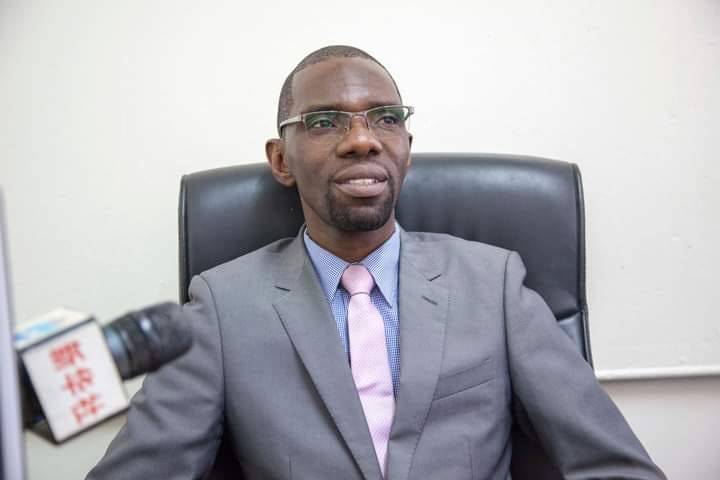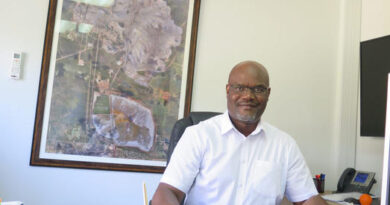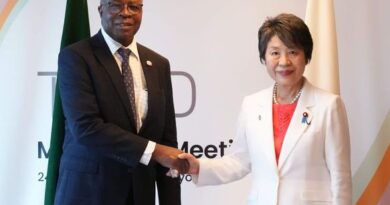Zambia’s Mining Output Targets Demand Broader Economic Focus – Economist Chisanga
Zambia’s economic trajectory, anchored by ambitious mining output targets, requires parallel policy efforts across other critical sectors to fully realize its national development goals, says economic expert Mr. Kelvin Chisanga.
Mr. Chisanga emphasized that while mining remains the cornerstone of Zambia’s economy, the country must strategically align sectors such as health, tourism, manufacturing, agriculture, transport, and logistics to effectively complement the projected gains from increased mineral production.
“Mining output targets demand similar policy interests, efforts, and patterns across other sectors. This is essential to amplify the envisioned economic impact and ensure balanced, sustainable growth,” Mr. Chisanga stated.
He noted that Zambia’s mining sector continues to show immense potential for economic stability, but success in mining alone will not suffice if other sectors remain underdeveloped.
“The aggressiveness shown in attracting investment to mining should also be applied to other sectors, especially in responding to emerging sector challenges,” he said.
Referencing Zambia’s Eighth National Development Plan, Mr. Chisanga stressed that the country’s broader economic aspirations hinge on inclusive growth. He called for increased attention to policy alignment across key sectors, arguing that economic resilience cannot be achieved in isolation.
Focusing on specifics, Mr. Chisanga highlighted the government’s ambitious target of three million metric tons of annual copper production. He cautioned that such exponential growth in mining must be matched with scaled-up investments in healthcare, given the potential environmental and occupational health implications associated with mining.
“If we aim for three million metric tons annually, we must ask: what are our corresponding health targets to sustain this leadership in production?” he asked.
He added that developing health infrastructure and services near mining areas would be crucial to maintaining productivity and protecting communities.
Mr. Chisanga also encouraged the diversification of Zambia’s mineral portfolio, pointing out that non-copper minerals may offer even higher revenue returns and should not be overlooked.
“We must upscale efforts in exploring and commercializing other mineral resources instead of over-relying on copper alone,” he said.
He concluded that Zambia’s developmental success lies in simultaneous, sector-wide progress, warning that “ramping up production in one sector while others lag behind is not a viable path to sustainable development.”



